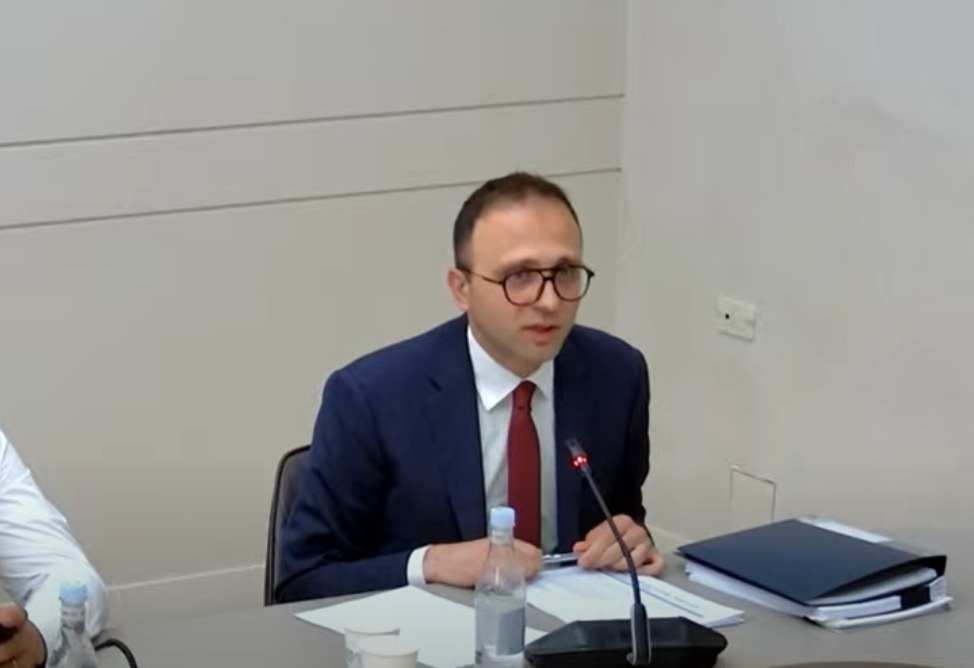YEREVAN, May 19. /ARКА/. The Central Bank of Armenia is considering the possibility of introducing mechanisms for insurance against fraud.
“Regardless of the laws and regulations adopted, there will always be cases of fraud. Now the Central Bank is thinking about managing the consequences. In particular, we are thinking about introducing insurance mechanisms up to a certain threshold if a person becomes a victim of fraud,” said Deputy Chairman of the Central Bank of Armenia Armen Nubrekyan.
According to him, this is called a “zero liability policy” in the world. Its goal is to ensure that in the event of up to a certain amount, the problem is resolved in an institutional manner. The issue is being discussed at the Central Bank Council. At the same time, he commented on concerns about the level of security of the financial services provided.
“Both extremes are problematic. If we tighten it up too much, it will be very difficult to use online services in Armenia. However, in the case of online services, the risk is much higher than if a person goes to the bank in person,” Nurbekyan said at a meeting of the NA standing committee on financial, credit and budgetary issues.
Banking fraud
In recent months, cases of banking fraud have become more frequent in Armenia, in particular, fake statements on social networks on behalf of banks allegedly for obtaining loans. Protests by affected citizens periodically take place outside the building of the Central Bank of Armenia.
Three banks in Armenia – ID Bank, Inecobank and Ardshinbank – have decided to defer the repayment of clients’ obligations for a period of 3 to 5 years as part of their search for interim solutions for clients affected by possible fraud. Zero Liability Policy
A zero liability policy in the financial sector (Zero Liability Policy) is a rule under which a client does not bear financial responsibility for unauthorized transactions on their bank card or account, provided that certain conditions are met. This approach is used mainly by banks and payment systems to protect clients from fraud and data theft. -0-








